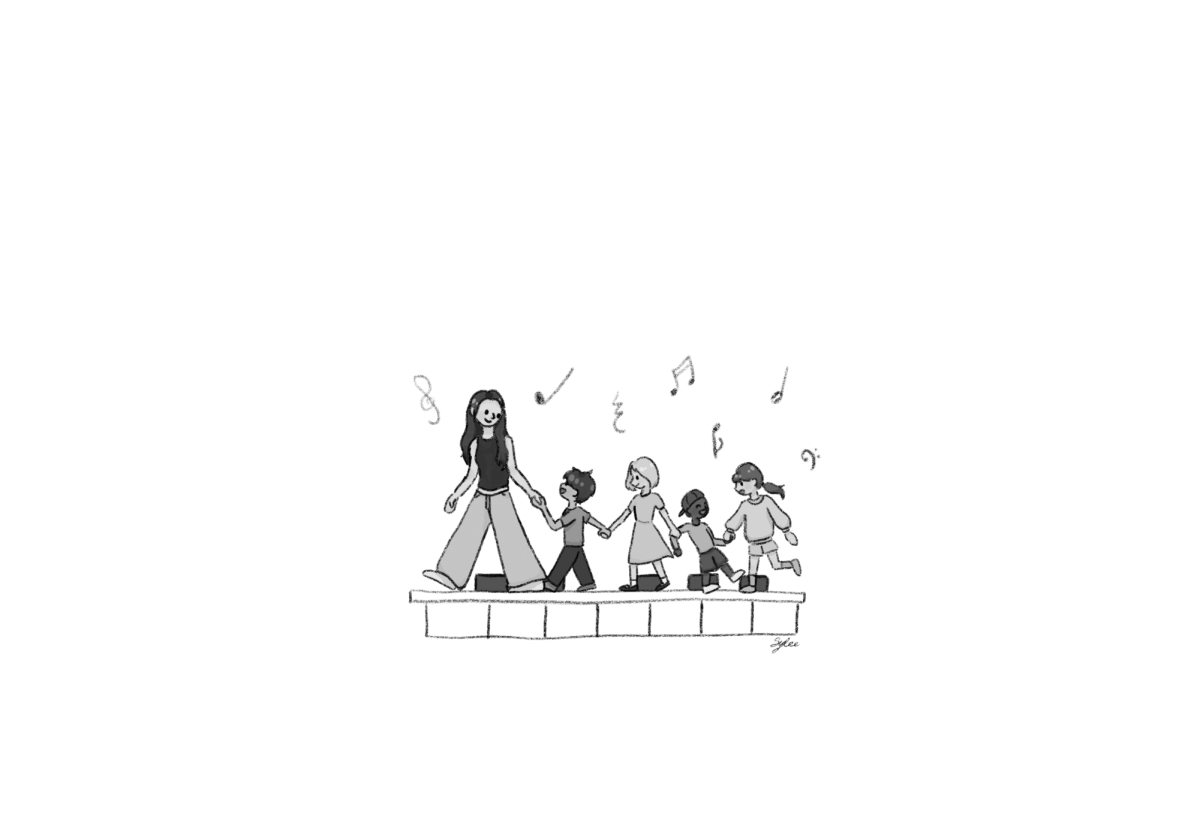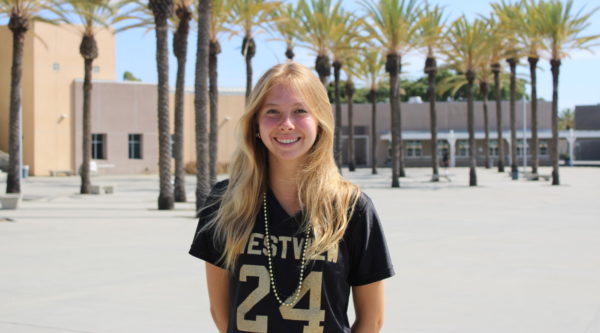Through my last four years in ASB, I’ve sat through dozens of presentations led by hopeful club executives desperate to get approved and start their meetings. I’ll let you in on a secret– behind closed doors, during our deliberation of whether or not to approve your club, I feel a sense of disappointment. That disappointment comes from the fact that of the 103 clubs on our 2023-2024 roster, we’re dominated by academic clubs.
I’m not talking about Mock Trial, Robotics, or Science Olympiad– I’m talking about the clubs repetitive to classes we already have, that mimic the information already taught in school. I’m not not writing this in an effort to shame these club leaders and their members. If they’ve been approved, I’m sure they have a strong basis and powerful leadership. My problem is that with an increasing population of strictly academic clubs, we lose sight of the purpose of clubs, and fall more into the academically competitive environment we all complain about.
I am of the strong opinion that clubs should be fun. When I think of the clubs in Disney channel shows I watched growing up or the clubs my older brother was in, they were all things like: Guitar club, Rock Climbing club, Crochet club, and Chess club. With these, I picture groups of people coming together over shared, niche hobbies to build a community of people who work together on something rather than doing it alone.
In ASB the most important question we ask in the club application process is, “How does your club contribute to campus culture?” That means a club that offers a unique space for a heterogeneous group to come together. Not to toot my own horn, but I’m the president of Link Crew. Our club features 80-odd active student leaders dedicated to acclimating freshmen to Westview’s campus. We contribute to a culture of belonging through inclusive events like Orientation and Root Beer Float Parties, and our meetings are split between business and bonding games. Our club members are diverse, and our events are intentional to make students feel more cared about. On the other hand, look me in the eye and tell me that a math club, where we already have a dozen classes teaching the subject for seven hours a day, drastically contributes to an already present campus culture. You can’t.
Extracurriculars are exactly that: beyond the curriculum. Your clubs shouldn’t be another class with lessons and homework. They should be a place you go to for fun. They shouldn’t be a box to check off when you enter high school, or just a line to fill on your resume or college application. They should be a place you go to bond with others over similar interests, further your knowledge, or find a community you can’t find anywhere else.
At this next club rush, I encourage you to pick up a new hobby. Be it crafting or hackathons, pick a club that inspires you to have fun and that brings you joy outside of your classes. There’s nothing wrong with furthering your knowledge in an academic subject, but don’t feel pressured to join a club you don’t feel passionate about just because it might make your college application look better. Be bold in the pursuit of your own fun, and make your clubs an escape from the academia of school, not an extension of it.



